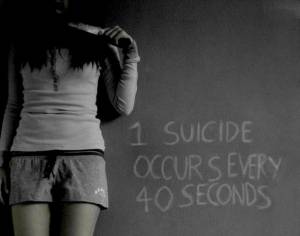Yesterday, I was privileged to be a guest on the radio show Chat with Women. During our discussion, the hosts asked me “What can grandparents do to help their teen granddaughters while they are going through tough times?” This was a fantastic question.
The beauty of being a grandparent is that you don’t have to bother with discipline, academics, attire, or dating. Grandparents can provide unconditional love without having to worry about all the rest of the stuff! When hanging with grandparents, teens don’t worry about being cool, asserting their independence, or defending their choices. Wouldn’t we all love to have safe space like this in life?!?
Because teens can let down their guard when they are with their grandparents, they will often listen to grandmotherly advice. Sharing stories of your youth can remind your granddaughter that young girls have gone through the same doubts and struggles for many years. Make sure you share stories and thoughts, though, rather than preach at them. Talk about boys and dating. Talk about struggles you had with your parents or as a parent. Then you can top it off with, “Is it still like that now?”
What you should avoid as a grandparent is being part of a family argument. If your granddaughter is having a fight with her Mom or Dad, let her vent. You can give some advice, but don’t talk badly about the parents. This would likely not end well and would only make the fight worse.
Bottom line? Be there for your grandkids. Spend time with them. Nurture them. Hug them. Praise them. And admire them. My grandmother never raised her voice to me, rarely lectured me, but always gave me hugs and Pringles. My Grannie made a huge impact on my life and my character. So hug or text or call your grandchild today! (If you are a teen, reach out to your grandparents for some unconditional love.)
With Heart, Sheri





